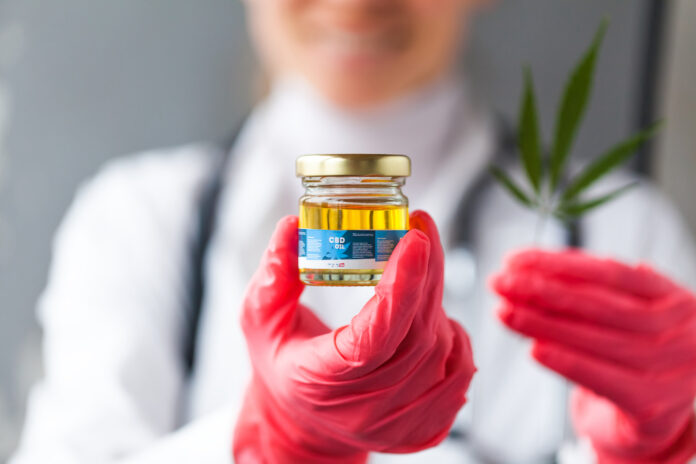NEW YORK, NY – A federal agency this month took steps to end a decades-long monopoly on cannabis grown for research, issuing a call for “qualified businesses” to supply marijuana for approved programs. The announcement was not a Request for Proposal, merely a “sources sought” request.
The proposal from the National Institute on Drug Abuse (NIDA) seeks capability statements “from all businesses having the in-house capability to act as a centralized source for acquisition and/or production of cannabis and related materials for research purposes.”
The University of Mississippi holds the only federal license to grow cannabis. That 12-acre farm has held a non-competitive contract since 1968.
“Interested organizations must demonstrate and document, in any capability statements submitted, extensive experience with and the ability to perform the above tasks.” These businesses and organizations “should demonstrate capability to administer and coordinate interrelated tasks in an effective and timely manner.” Priority, as in most government contracts, will be given to businesses owned by veterans, women, and minorities.
They must also have the capacity to supply 2000kg of usable cannabis and 500kg of concentrate.
Many approved researchers — which number in the hundreds — have long criticized the Ole Miss facility, saying its crops do not reflect the current quality, strength, and refined cultivation of today’s readily available cannabis. They further warn that the government has been supplying them with moldy samples of unreliable potency. NIDA rejects the criticism of their stash, which is grown outdoors every few years and kept in a deep freeze until needed.
Mississippi legalized medical marijuana only three months ago.
Medical researchers have long sought federal funding or, at least, a waiver allowing them to explore the plant’s therapeutic properties. There is significant anecdotal evidence that marijuana can treat eating and sleeping disorders, quell seizures related to epilepsy, reduce Parkinson’s tremors, and blunt the negative side-effects of powerful cancer medications.
Veterans’ groups say cannabis can also treat many PTSD symptoms and chronic pain, but the Veterans Administration has been prohibited from prescribing it or even conducting studies to determine exactly how the plant’s components work on neurological and emotional problems.
The agency, tucked into the National Institutes of Health, works with the DEA to approve federal cannabis research.
The appeal appears to undermine the federal 1971 prohibition against the production and use of cannabis for any reason. Enforcement of the Nixon-era law has effectively criminalized non-approved research.
However, this prohibition has been crumbling state by state for the last decade as legislatures approve varying degrees of cultivation, processing, sales, and use. Thirty-eight states now permit medical marijuana while 19 allow adult-use. The issue is on the November ballot in another half-dozen states.
Ole Miss announced in May 2021 that it will open a center to research cannabis and study the reasons people use it.








